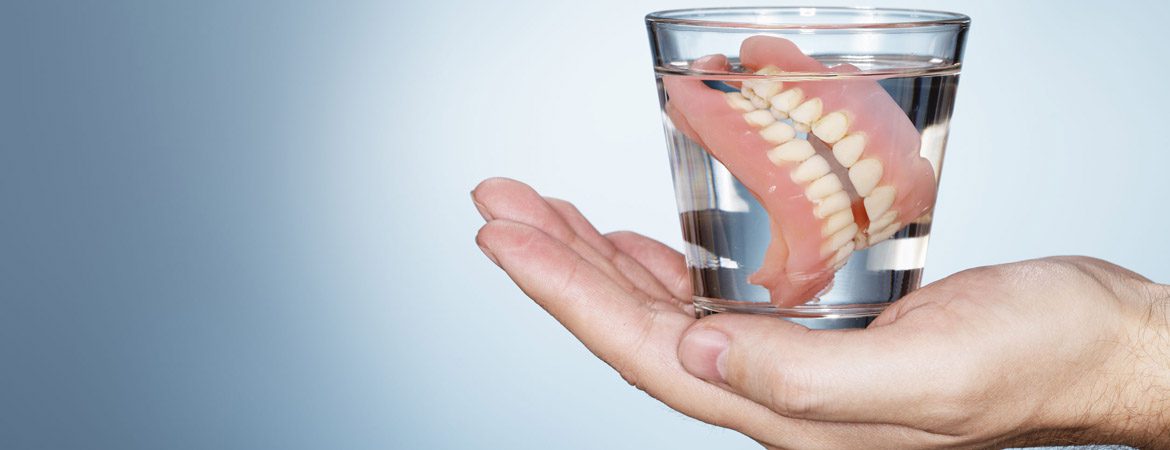
Denture and Tooth Loss
Question:
I am in my 50s and I have been wearing a denture for 2 years. Recently, I just removed a tooth next to the denture, which I could no longer wear it because it does not have support from the tooth and it keeps dropping. I wonder why that tooth loosens even though I have brushed my teeth regularly. Is it caused by the denture?

Answer:
There are few possibilities:
• It might be the tooth was not strong or was already loose in the first place. The clips can put extra strain on the tooth that was providing support to the whole denture, so when you bite down the denture, the teeth that they are attached to suffer from more wear and tear.
• Make a new set of denture with the additional missing tooth.
• Dental implant support bridge which is fixed and non-removable or implant support denture which is removable for easy cleaning.
• Tooth decay: In a serious case of tooth decay, the tooth may be removed to prevent the spread of infection.
• Gum disease: There will be plaque accumulated around the teeth that support your denture if you do not look after it properly. Gum disease
(preriodontal disease) is an infection of the gums and bone supporting your teeth. It is a major cause of tooth loss in adults. Gum disease is caused by bacterial plaque which causes inflammation of the gum which then starts to pull away from the teeth and is filled with plaque and thus becomes infected. If left untreated, rapid loss of tissue and bone may eventually lead to loose teeth.
• Bone loss can occur in the area where tooth is extracted. The bone that previously supported those teeth no longer serves a purpose and bone gradually resorbs. Bone loss will start immediately at the bone where the tooth used to be. As the
bone starts disintegrating, the surrounding teeth will start losing support, which can lead to the loosening or loss of healthy neighbouring teeth.
Option (ii), dental implant support bridge or implant support denture is a great long-term solution. It prevents further loss of bone and giv es a maximum chewing benefit. Dental implant is the most cost-effective long term solution and has a higher average life expectancy. We strongly urge you to consider dental implants wherever possible. They are not always the most appropriate solution, but most often they are the best way to replace missing teeth. You should consult your dentist as soon as possible to prevent loss of the teeth. Your dentist will assess in the context of you – the teeth, and the dentist doing it. Your dentist will go through each
option, explaining to you the benefits and limitations in terms of not just the costs, but also the procedures and the time frames. Your doctor will also check if there is sufficient bone for implant procedure without grafting, or a suitable medical history. In all , there are lots of things to consider. So what are the treatment options we can do? However, finances come int o this. For option (i), it may be the cheapest, but it would lose virtually all the grip and support. Another disadvantage of denture is that it may also cause gum and bone resorption due to over compression over a long period of usage. Due to your bone resorption, your denture will be loosened. Denture has to be kept clean all the time. Clean after each meal
